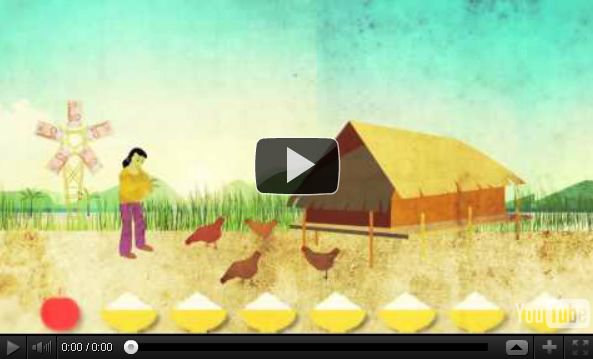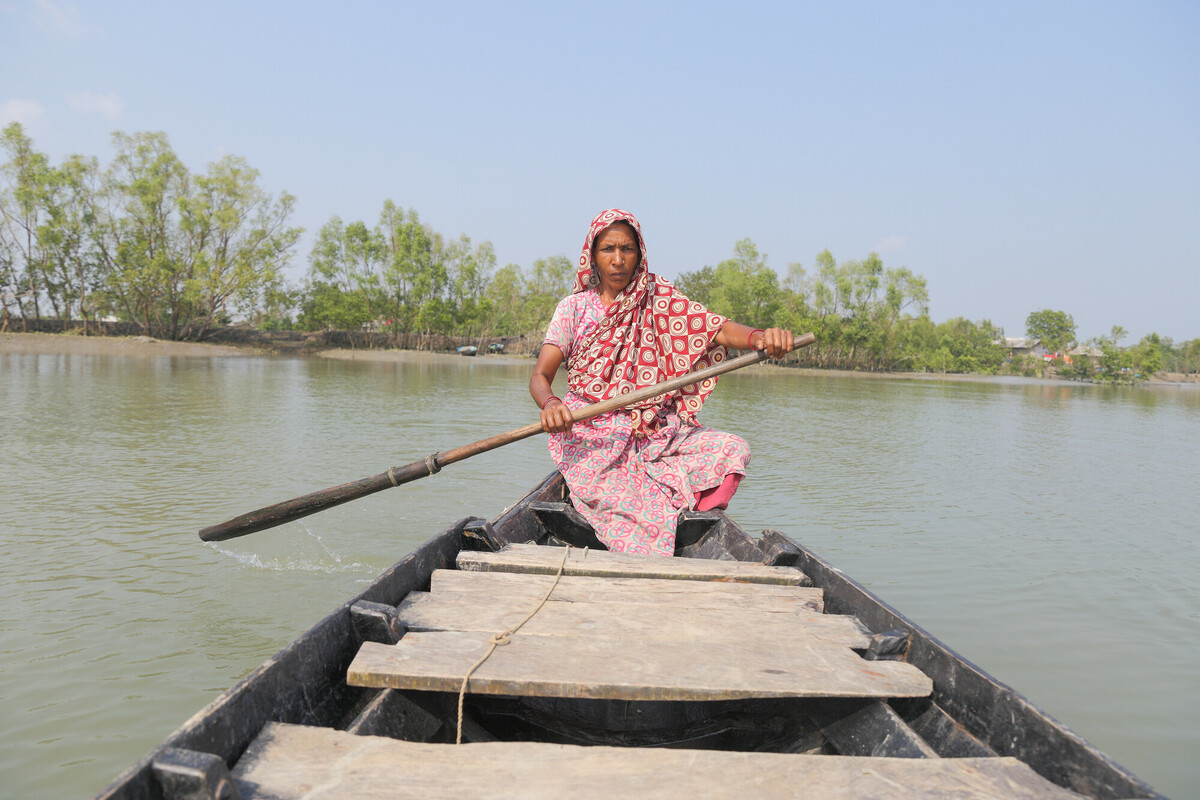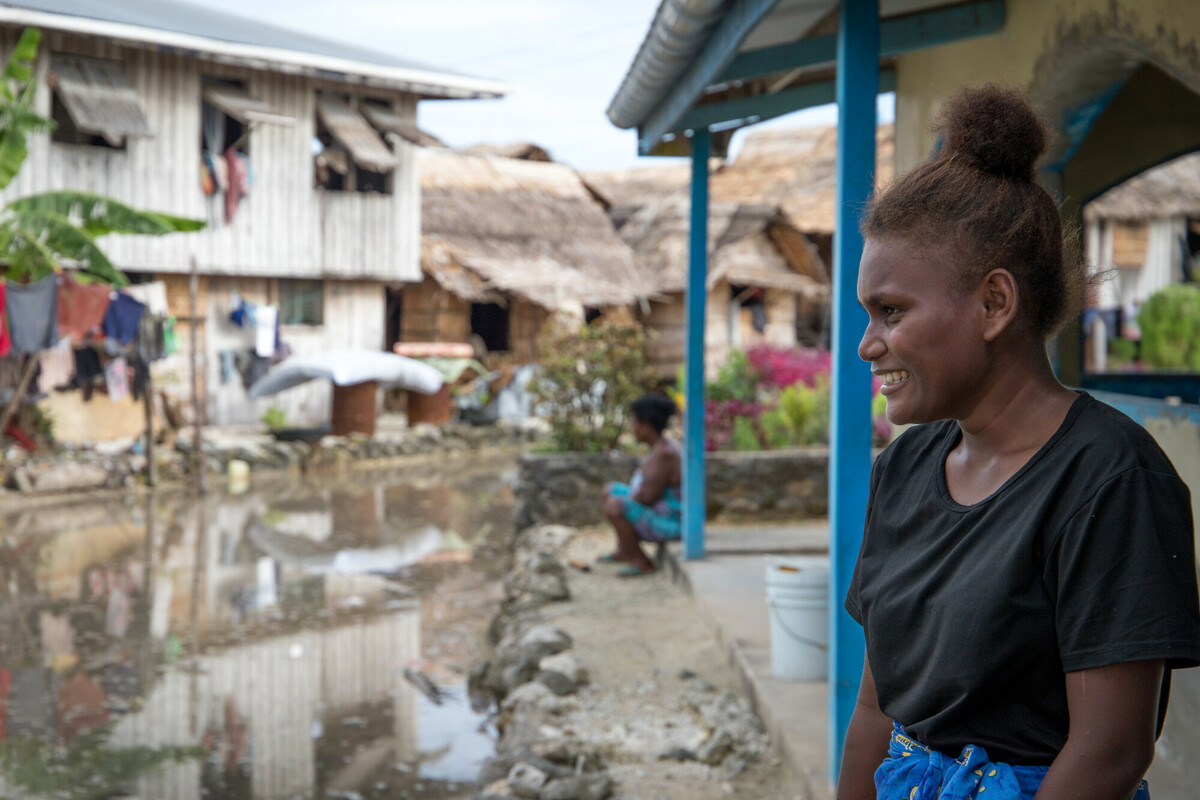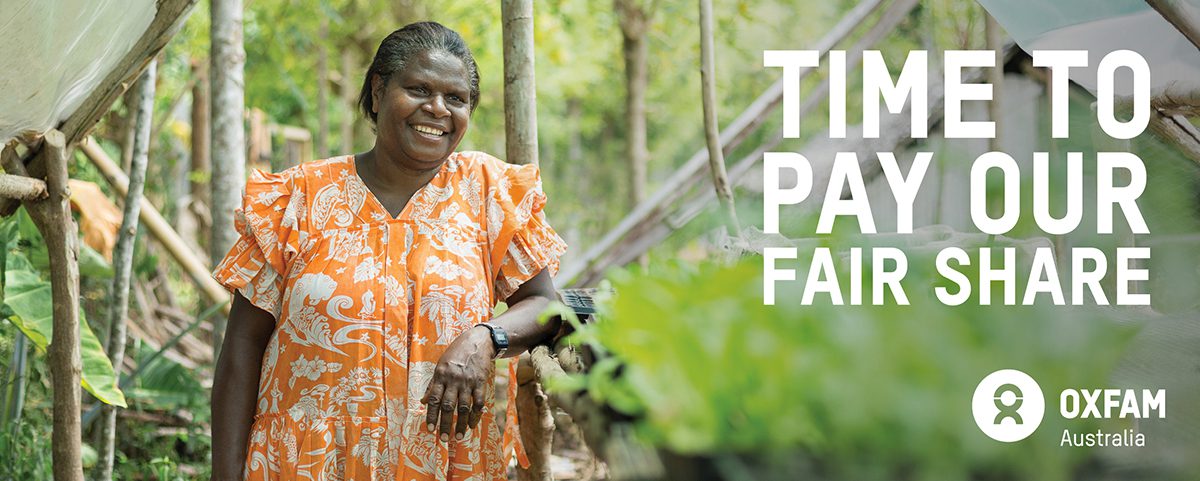Statistics from Thailand’s Meteorological Department show that in the last four decades, average temperatures in the country’s north east region have steadily increased. This has been coupled with a shift in the arrival of seasonal rains, with rains arriving later and later over the course of the last ten years.
In 2007, the region experienced the longest rainy season dry spell in decades. Rice harvests failed. And crops withered in the baking sun.
Despite facing an increasingly uncertain future, people have begun to tackle climate change head on. Innovative, life-saving solutions are helping communities continue thrive.
With Oxfam’s support, families across the area built water storing ponds and wells and installed drainage systems between May 2008 and March 2009. And many farmers, like Manoon Phupa, designed their own ingenious solutions: using old advertising billboards, Manoon constructed his own make-shift wind turbine to pump water from a nearby well.
Then there’s Thongsa Juansang. Because of the uncertain impact of climate change on rice production, she’s introduced new crops. Where her fields were previously used only to cultivate rice, fruit and vegetables now grow. This meant that when drought struck again in late 2008, she was able to produce enough food to feed her family. In fact, out of the 57 households that took part in the program, 14 produced a surplus of food to sell at market.
Oxfam’s climate change adaptation work in Thailand is just one example of how with communities, we are fighting back. It’s vital work. But to make a global difference, world leaders must play their part too.
By 2015, an estimated 375 million people per year will be affected by climate change-related disasters. World leaders have already committed to establishing a new Climate Fund – a way of delivering cash to help poor communities avoid the worst effects of global warming.
Through charging pollution-heavy industries, such as shipping and aviation, for the right to pollute, or by implementing a Robin Hood Tax on the banking sector, money could be raised without squeezing extra money from tax payers.
What you can do:
- Ask Australia’s Climate Change Minister Greg Combet to support the establishment of a Global Climate Fund



